When Michèle, the CEO of a gaming software company, is attacked in her home by an unknown assailant, she refuses to let it alter her precisely ordered life. She manages […]
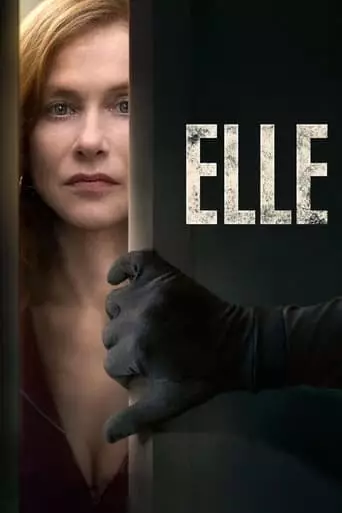
When Michèle, the CEO of a gaming software company, is attacked in her home by an unknown assailant, she refuses to let it alter her precisely ordered life. She manages […]
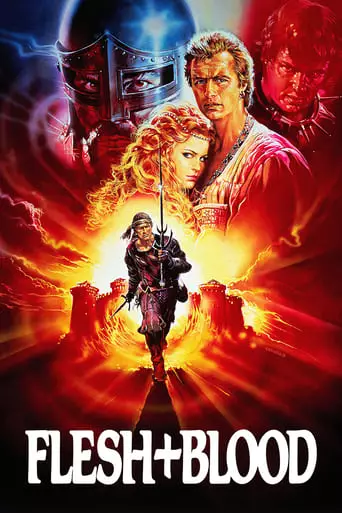
A band of medieval mercenaries take revenge on a noble lord who decides not to pay them by kidnapping the betrothed of the noble’s son. As the plague and warfare […]
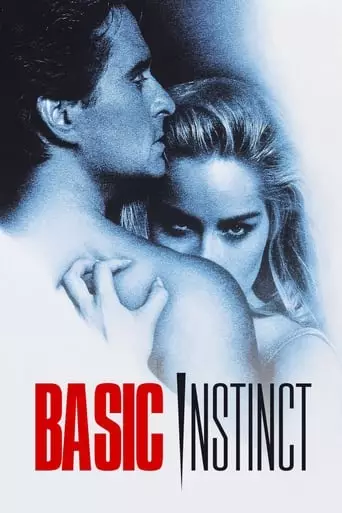
A violent police detective investigates a brutal murder that might involve a manipulative and seductive novelist.
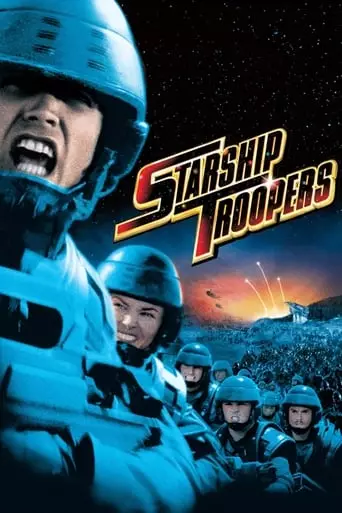
Set in the future, the story follows a young soldier named Johnny Rico and his exploits in the Mobile Infantry. Rico’s military career progresses from recruit to non-commissioned officer and […]
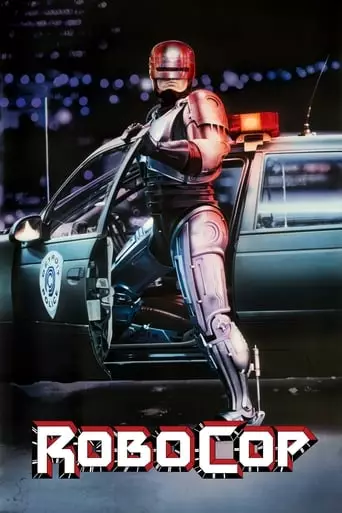
In a violent, near-apocalyptic Detroit, evil corporation Omni Consumer Products wins a contract from the city government to privatize the police force. To test their crime-eradicating cyborgs, the company leads […]
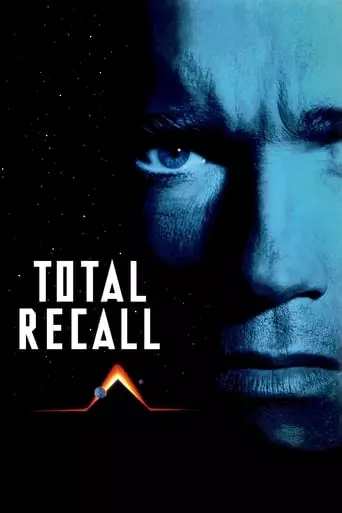
Construction worker Douglas Quaid’s obsession with the planet Mars leads him to visit Recall, a company who manufacture memories. Something goes wrong during his memory implant turning Doug’s life upside […]
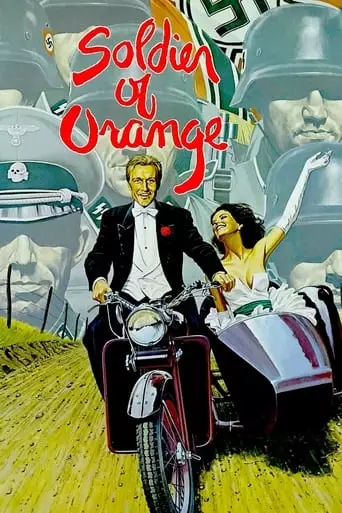
The lives of Erik Lanshof and five of his closest friends take different paths when the German army invades the Netherlands in 1940: fight and resistance, fear and resignation, collaboration […]
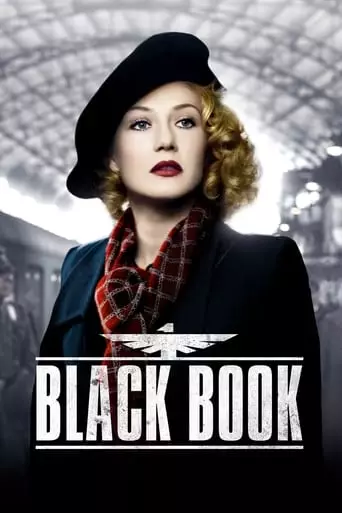
In the Nazi-occupied Netherlands during World War II, a Jewish singer infiltrates the regional Gestapo headquarters for the Dutch resistance.
Paul Verhoeven: The Provocateur of Cinema
Paul Verhoeven, the Dutch director who bridged European art-house sensibilities with Hollywood’s blockbuster ambitions, has cemented himself as one of the most provocative and controversial filmmakers in cinema history. Known for his unflinching exploration of violence, sexuality, and social critique, Verhoeven’s work defies categorization, blending visceral entertainment with sharp intellectual undercurrents.
Early Life and Beginnings in Dutch Cinema
Born on July 18, 1938, in Amsterdam, Verhoeven grew up during World War II, an experience that deeply influenced his worldview and later his films. After studying mathematics and physics at Leiden University, he turned to filmmaking, first working in Dutch television.
His early films in the Netherlands, including Turkish Delight (1973) and Soldier of Orange (1977), showcased his knack for combining deeply human stories with larger historical and societal themes. Turkish Delight—a turbulent love story starring Rutger Hauer—earned an Oscar nomination for Best Foreign Language Film and remains a landmark in Dutch cinema.
Hollywood Success: Satire and Spectacle
Verhoeven transitioned to Hollywood in the 1980s, where his provocative style reached new heights. His American debut, RoboCop (1987), was a violent, dystopian sci-fi film that doubled as a razor-sharp satire of corporate greed and militarism. The film’s success cemented Verhoeven’s reputation as a director unafraid to challenge audiences while delivering mass appeal.
He followed this with Total Recall (1990), a sci-fi spectacle starring Arnold Schwarzenegger. Blending mind-bending concepts with visceral action, the film explored identity and reality in a way that resonated with both mainstream audiences and critics.
In 1992, Verhoeven delivered Basic Instinct, a neo-noir thriller that became a cultural phenomenon. Featuring an iconic performance by Sharon Stone, the film was controversial for its explicit sexual content and depiction of female power. While polarizing, it solidified Verhoeven’s reputation as a provocateur willing to push boundaries.
Pushing the Boundaries: Showgirls and Beyond
Arguably his most infamous film, Showgirls (1995), was a critical and commercial disaster upon release. The story of a dancer striving for fame in Las Vegas was lambasted for its campy tone, excessive nudity, and melodramatic script. However, in subsequent years, the film gained cult status and has been reassessed as a bold, satirical critique of the entertainment industry.
Verhoeven returned to sci-fi with Starship Troopers (1997), another misunderstood gem. On the surface, the film appeared to be a gung-ho war epic, but beneath the bombast lay a biting satire of fascism and militaristic propaganda. Over time, it has been lauded for its subversive depth.
A Return to Europe and Critical Acclaim
Disillusioned with Hollywood, Verhoeven returned to Europe, where he crafted films that blended his provocative tendencies with a more restrained, art-house sensibility. Black Book (2006), a gripping World War II thriller, was a critical success, showcasing Verhoeven’s ability to tell complex, morally ambiguous stories.
In 2016, Verhoeven directed Elle, a psychological thriller starring Isabelle Huppert. The film, which explores themes of power, trauma, and revenge, was a critical triumph, earning numerous accolades, including a Golden Globe for Best Foreign Language Film and an Oscar nomination for Huppert.
Thematic Preoccupations and Legacy
Verhoeven’s work often explores the darker facets of human nature, tackling themes like power, corruption, and the thin veneer of civility. His films are unapologetically graphic, both in terms of violence and sexuality, but they rarely glorify these elements; instead, they force audiences to confront uncomfortable truths.
At the same time, his playful sense of humor and self-awareness set him apart from other directors. Whether through the satirical commercials in RoboCop or the over-the-top performances in Showgirls, Verhoeven embraces camp and absurdity to deliver biting social commentary.
Conclusion
Paul Verhoeven remains a singular voice in cinema, a director who refuses to pander to convention or shy away from controversy. His work challenges viewers to look beyond the surface, rewarding those willing to engage with its complexities. Whether celebrated or derided, Verhoeven’s films leave an indelible mark, ensuring his place as one of cinema’s most fearless visionaries.